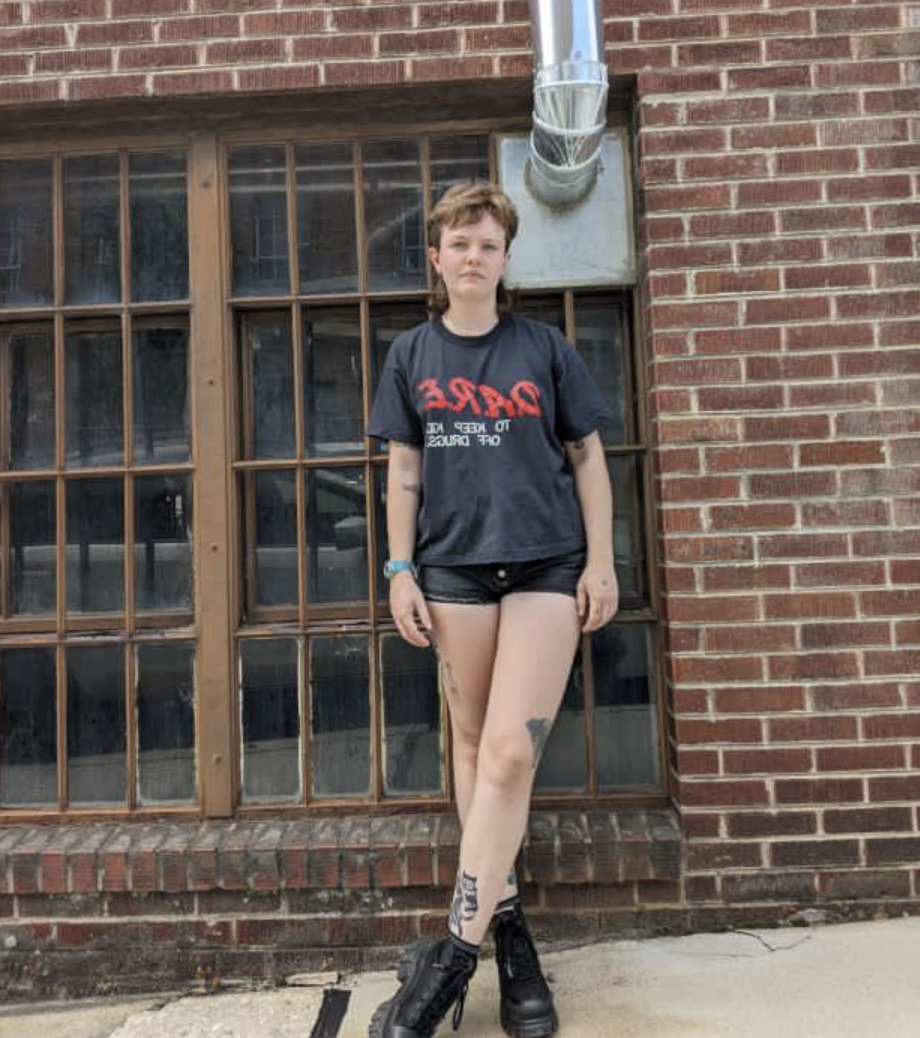Asheville Food and Beverage United identifies its organization as a worker-led trade union dedicated to advocacy, support and empowerment of all service workers. The collaboration became more official in 2021 through service workers of Asheville connecting via Facebook, and AFBU formed their three-plank platform of organization.
According to the AFBU website contributors, the organization is based on 3 basic principles: living wage for all food and service workers, paid time-off for sick leave and fair scheduling.
Bri Snyder, 22, is a recent UNCA graduate and is currently running for the steering committee of the AFBU.
“Asheville Food and Beverage United is a trade union focusing on fair treatment with the service industry,” Snyder said. “Asheville being a tourist-based economy makes this industry large and essential to the success of the entire city.”
AFBU has additionally addressed a main concern for independent downtown service workers is the affordable parking dilemma, particularly campaigning for reduced-prices in the often half-empty parking garages.
The issues, however, persist far beyond the parking situation. 
“My goal for the restaurant industry is for us to start changing the power dynamic,” said Snyder. “I want workers to gain more power through unionizing, whether that is independently or within Asheville Food and Beverage United. I want the workers of Asheville to recognize there is power and numbers and ro see us start using that power.”
Andrew James of WLOS reported in 2022 that 4 in 10 WNC residents spend more than 50% of their income on housing.
“This doesn’t leave room for healthcare or savings, and these jobs don’t come with retirement plans so the future of these workers is bleak,” Snyder said. “I think our culture sees these jobs as temporary or something you do through college, but with a lack of other opportunities in Asheville many people are forced to stay in these industries.”
In 2023, the Point in Time annual census on homeless individuals reported 573 houseless people in Asheville.
“Asheville currently has the second highest rate of gentrification in the United States and we are feeling the effects of this,” Snyder said. “Being in a community that is experiencing the same thing and is motivated to do something about it has given me purpose and it’s given my anger about the situation a healthy outlet.”
AFBU is in affiliation with Just Economics of Western North Carolina, a membership-based advocacy group focusing on sustainable economics and advocacy for all workers.
“People can join Asheville Food and Beverage United right now on their website, and if people can’t afford to pay dues they can apply and receive a waiver so that they can still be a member,” said Snyder. “The more members we have, the more we can help each other.”




















![Brooke Pedersen [second from the right] and Luis Reyes [right] hold banners during the Wrap The Woods event.](https://thebluebanner.net/wp-content/uploads/2025/09/ELIZABETH_PRITCHITT_IMG_3470-1200x804.jpg)